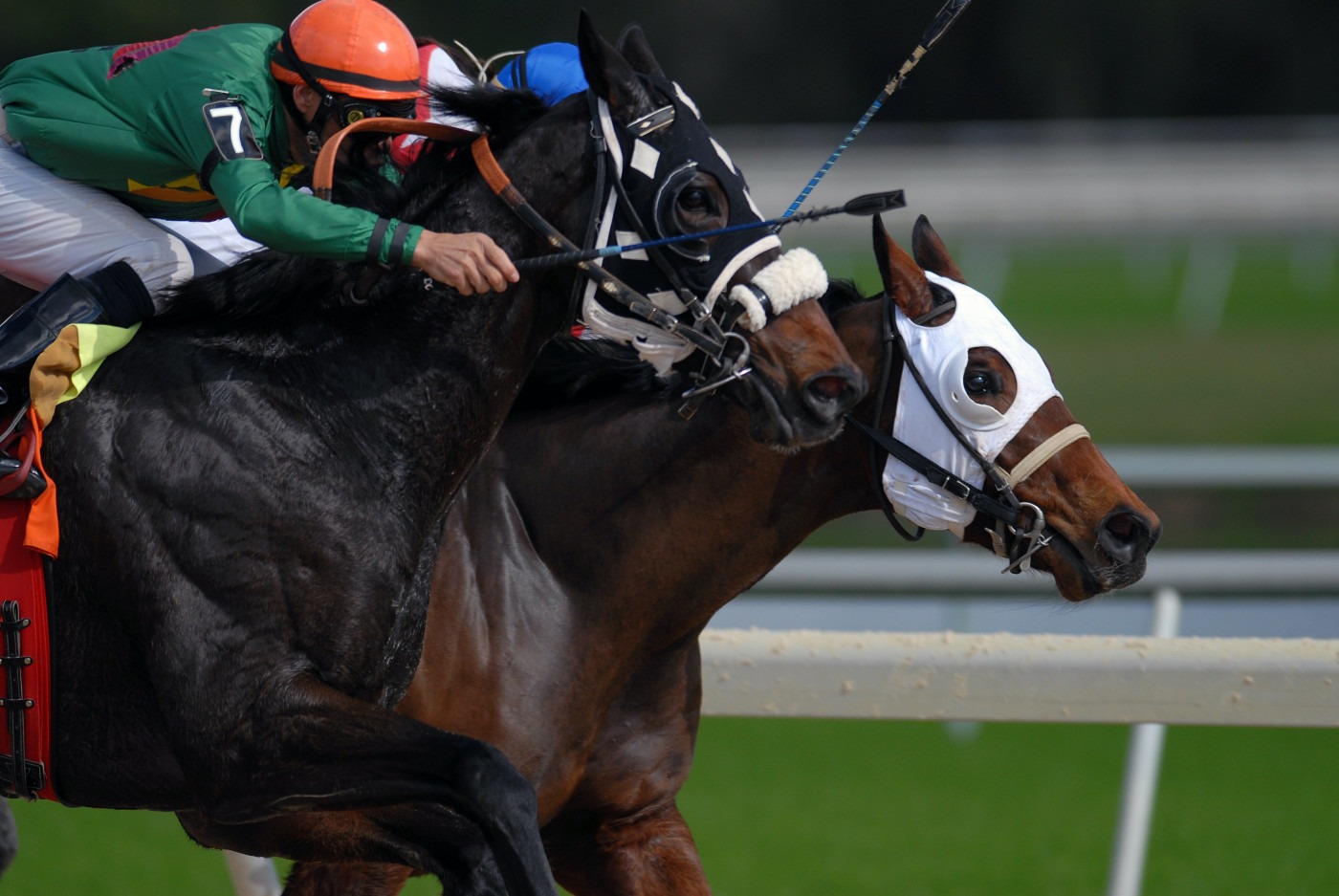Jockeys suspended during the first week of new whip regulations
20 jockeys have received bans, fines or suspensions during the first week of new whip regulations being implemented in horse racing by the British Horseracing Authority (BHA). It comes after growing criticism for the way in which horses are treated during races in the sport, but the regulations have left some jockeys still feeling disgruntled at their supposedly stringent nature.
It is worth noting that the BHA had originally set out a number of alterations to the rules, which notably featured the restriction of the use of a whip to a backhand position, in a bid to prevent horses from being subjected to repetitive forehand strikes. Jockeys won a major concession from the BHA after talks were reopened regarding the already-approved regulation changes, as a result of concerns being raised by leading jump jockeys. As a consequence of these concerns, the BHA chose to scrap the backhand rule, instead seemingly choosing to compromise. A review suggested that jockeys who had previously suffered collarbone or shoulder injuries might find it difficult to use their whips in the backhand position. It might be prudent to angle ourselves to note that the BHA’s backing down from these regulations might well be prioritising a minority of jockeys to the detriment of the welfare of all horses.
Under the initial set of regulations, jump jockeys were limited to striking their horses 11 times compared to the limit of 10 times for flat jockeys. Charlotte Jones, whose horse Lunar Discovery placed second at Ayr, was disqualified for whipping her horse four times more than the permitted number. As well as having her mount disqualified, Jones has since been banned for 14 days.
Naturally, the sport would be far less without its jockeys, but it would be absolutely nothing without its horses
Lorcan Williams will miss out on Cheltenham, having received an 18-day ban and a £1,050 fine. Williams had ridden Makin’yourmindup to victory at Haydock, but he was adjudged to have exceeded the whip limit by two. Williams was disappointed, given the tight finish to the race. “Hopefully I’ll learn from it,” he said, “but it has been a hard transition for us all.”
The BHA have spared no sympathy over the suspensions and fines, maintaining that the jockeys have had a suitable amount of time to understand them. “Jockeys have had more than four weeks to adapt to the new rules through the bedding-in period,” according to the BHA’s chief regulator, Brant Dunshea.
With opposition from the jockeys, there will equally be criticism from those away from the sport who view the regulations as still not doing enough to protect horses. There has been long-standing disgruntlement towards the use of the whip and towards horse racing in general, particularly from animal rights groups. While the backhand rule was reversed in order to protect jockeys with long-term or previous injuries, the U-turn on the rule means that the horses are not as protected from the whip. Naturally, the sport would be far less without its jockeys, but it would be absolutely nothing without its horses.
It remains to be seen whether the BHA’s U-turn on the initial whip rules might well mean that any future measures might be met by similar resistance in a bid to change them. The BHA’s retraction may show that the sport’s senior officials are willing to listen to the jockeys and amend rules, but it perhaps also shows a lack of authority from the horse-racing governing body.

Comments